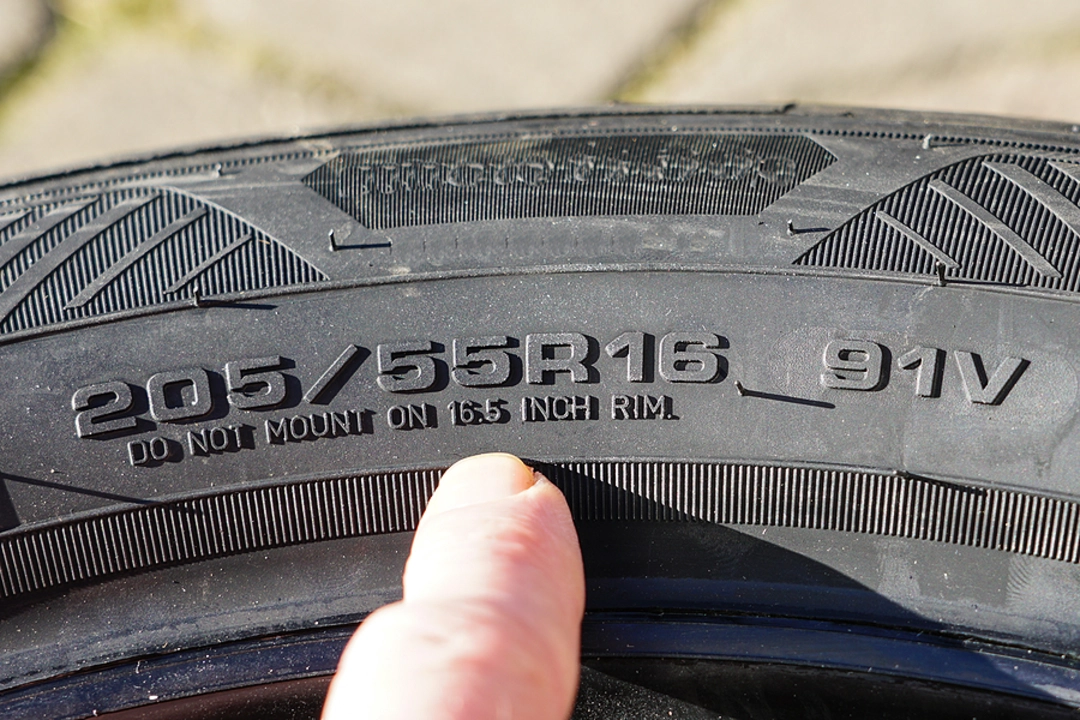Will I get better gas mileage if I put narrower tires on my car?

What Are the Benefits of Installing Narrower Tires on Your Car?
Installing narrower tires on your car can have a significant effect on the gas mileage you experience. Narrower tires can help you reduce the amount of fuel you use when driving, meaning you have to fill up less often and ultimately save money on fuel.
One of the main benefits of narrower tires is that they have lower rolling resistance. This is because they require less energy to move down the road, meaning less fuel is used. This also helps reduce the amount of wear-and-tear that occurs on the tires, meaning they will last longer and you will save money on tire replacement costs.
Narrower tires also tend to weigh less than wider tires, meaning they require less energy to move. This again helps reduce the amount of fuel used when driving, allowing you to save money on fuel costs. It is also worth noting that narrower tires can also help improve the handling of your car, allowing you to take corners more easily and safely.
Narrower tires can also improve the aerodynamics of your car. This is because they create less drag, meaning less energy is required to move the car down the road. This again helps reduce the amount of fuel used when driving, allowing you to save money on fuel costs. It is also worth noting that narrower tires can also help improve the stability of the car, allowing you to drive more safely.
Overall, installing narrower tires on your car can have a significant effect on the gas mileage you experience. It can help you reduce the amount of fuel you use when driving, meaning you have to fill up less often and ultimately save money on fuel costs. It can also help improve the handling, stability and aerodynamics of your car, allowing you to drive more safely and with greater confidence.
How to Maximize Your Gas Mileage with Narrower Tires
Narrower tires are an effective way to maximize your car’s fuel efficiency and get better gas mileage. They reduce the amount of air resistance your car has to overcome, and thus reduce the amount of fuel your car needs to use to keep moving. Here are some tips on how to maximize your gas mileage with narrower tires:
Check Your Tire Pressure
It's important to ensure that your tires are inflated to the correct pressure. This helps reduce the amount of air resistance your car has to work against, and thus helps maximize your fuel efficiency. Make sure to check your tire pressure regularly, and adjust it accordingly.
Choose the Right Tire Size
When selecting narrower tires, it’s important to choose the right size. Narrower tires are not suitable for all vehicles, so make sure to consult your car’s manual to find the best size. This will help ensure that you get the most out of your narrower tires.
Keep Your Tires in Good Shape
It’s important to keep your tires in good shape in order to maximize your gas mileage. Make sure to check for signs of wear and tear, and replace any worn out tires. This will help ensure that your car is always running as efficiently as possible.
Use the Right Tire Pressure
Using the correct tire pressure is key to getting the most out of your narrower tires. Generally, narrower tires need to be inflated to a higher pressure than wider tires. This will help reduce the amount of air resistance your car has to work against, and thus help you get better gas mileage.
Maintain Good Driving Habits
Finally, it’s important to maintain good driving habits in order to maximize your gas mileage. Make sure to drive sensibly, avoid speeding, and follow the speed limit. This will help ensure that your car is always running as efficiently as possible.
The Pros and Cons of Narrow Tires: Is It Worth the Tradeoff in Gas Mileage?
If you’re looking to improve your car’s fuel efficiency, you may have considered swapping out your tires for narrower ones. Narrow tires can improve gas mileage by reducing the amount of rubber that needs to be dragged along the road, but is it worth the tradeoff? Read on to find out the pros and cons of narrow tires, and decide for yourself.
The Pros Of Narrow Tires
One of the most obvious benefits of narrow tires is that they improve gas mileage. By reducing the amount of rubber that needs to be dragged along the road, the engine doesn’t have to work as hard to propel the car forward. This can lead to significant fuel savings, especially if you’re doing a lot of highway driving.
Narrow tires also tend to be lighter than wider tires, which means they’re easier to maneuver. This can be especially helpful if you’re driving in an urban environment, where tight turns and narrow roads are common. The lighter weight also makes it easier to accelerate and brake, so you can get to your destination quicker.
The Cons Of Narrow Tires
While narrow tires can improve gas mileage, they’re not without their drawbacks. The most obvious is that they provide less traction than wider tires. This can be a problem if you’re driving in wet or icy conditions, as the tires may not be able to grip the road as well. This can lead to skidding and loss of control, so it’s important to keep this in mind if you’re considering narrow tires.
Narrow tires are also more prone to punctures and blowouts than wider tires, due to the smaller surface area. This can be a problem if you’re driving on rough roads or through construction zones, as the tires may not be able to handle the extra stress and wear. It’s important to keep an eye on the tires and replace them as needed to ensure your safety.
So, Is It Worth It?
It’s up to you to decide if switching to narrow tires is worth the tradeoff in gas mileage. If you’re primarily using your car for highway driving, then the fuel savings may be worth it. On the other hand, if you’re driving in wet or icy conditions, then the lack of traction may be too much of a risk. Consider your driving habits and decide for yourself.

Write a comment